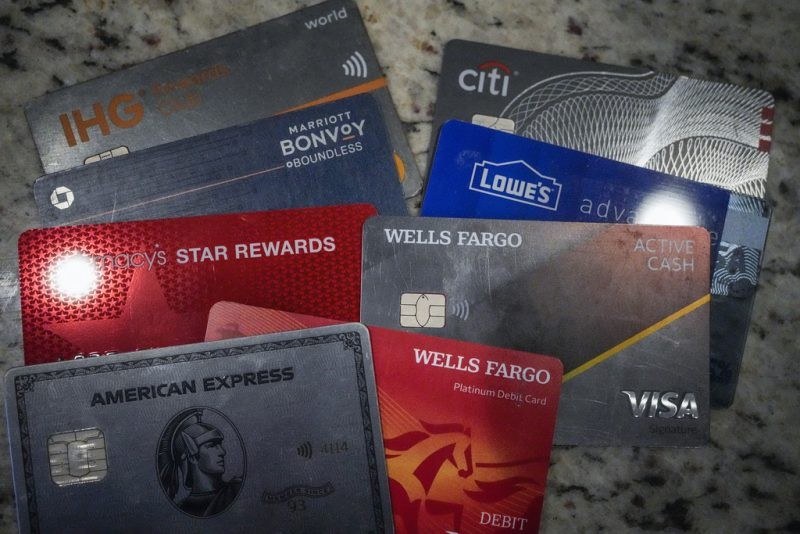
In a bold bipartisan move, Senators Josh Hawley (R-Mo.) and Bernie Sanders (I-Vt.) have introduced legislation that would place a 10% cap on credit card interest rates for five years, marking a dramatic shift for the credit card industry.
The proposed bill comes at a time when average credit card interest rates exceed 20%, despite some recent declines from 2023's record highs. With Americans holding over $1.1 trillion in credit card debt, the senators argue this cap would provide relief to working families.
"Working Americans are drowning in record credit card debt while the biggest credit card issuers get richer and richer by hiking their interest rates to the moon," stated Senator Hawley, describing the current practices as "exploitative."
Banking industry groups have voiced strong opposition to the proposal. The American Bankers Association warns the cap would restrict consumer choices and potentially force borrowers toward riskier lending options like payday lenders.
Ted Rossman, Bankrate's senior industry analyst, predicts major changes to the credit landscape if the bill passes. "The unintended consequences would be reduced access to credit and reduced rewards, because it just wouldn't be profitable for card companies," he explained.
Recent Federal Reserve data shows concerning trends in credit card debt management. Delinquency rates reached 3.5% in late 2024, while the number of cardholders making only minimum payments hit a 12-year high at 10.75%.
Senator Sanders dismissed industry pushback, comparing current practices to "extortion and loan sharking" when financial institutions charge over 25% interest.
While President Trump previously supported similar measures during his campaign, neither he nor the White House has yet indicated whether they would back this specific proposal. The bill faces an uncertain future as it heads toward congressional debate.